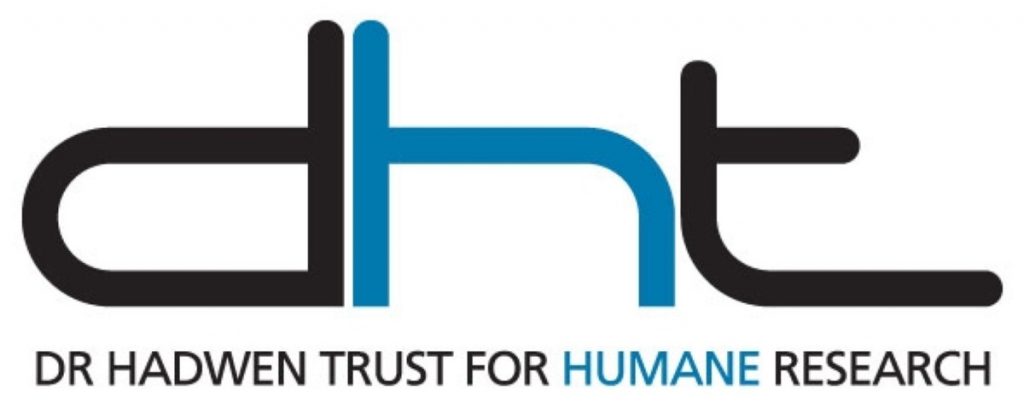Coalition Government does not go far enough to encourage the development and adoption of alternatives to animal experiments
The Dr Hadwen Trust (DHT) is disappointed that the report announced today (7 February 2014) by the Coalition Government does not go far enough to encourage the development and adoption of alternatives to animal experiments, over the reduction and refinement of animal work.
In their Delivery Plan, the The Rt Hon David Willetts MP, Minister for Universities and Science, Lord Taylor of Holbeach CBE, Lords Minister and Minister for Criminal Information, and The Rt Hon Earl Howe, Minister for Quality, state that: “The scientific imperative for developing new approaches to research and development is very strong. Although the use of animals forms a major part of much scientific and medical research, success seen in animal studies has not always translated in the clinic. Many potential drugs fail due to lack of efficacy in humans or concerns about their safety. Methods are needed to screen these failures out as early as possible and to select, with further research and development, those approaches most likely to succeed.”
With such a strong statement being made in their Delivery Plan, the DHT feels that the emphasis must be to develop new methodologies that are more human-relevant and give better scientific information that is more applicable to humans and human disease.
Placing the 3Rs approaches at the heart of a science-led programme for the UK, does not automatically ensure that the best methods to understand human disease are chosen.
The Delivery Report mentions the fact that UK Science must ‘facilitate data sharing and collaboration across industry and academia’, and the DHT is very keen to see this adopted. Such an approach would enable scientists, inspectors and other interested parties to identify alternative methods. In addition, where alternative methods do not exist, this kind of collaborative approach would help to guide the future development of alternative methods to replace animal models.
Since 1970, the DHT, without the help of any government funding, has been at the forefront of developing methods and techniques that replace animal use in medical research, and has been providing data and results directly applicable to human disease. The DHT has, with only donations kindly given by our supporters, funded over 160 projects all aimed at replacing animal use in biomedical science.





-01.png)